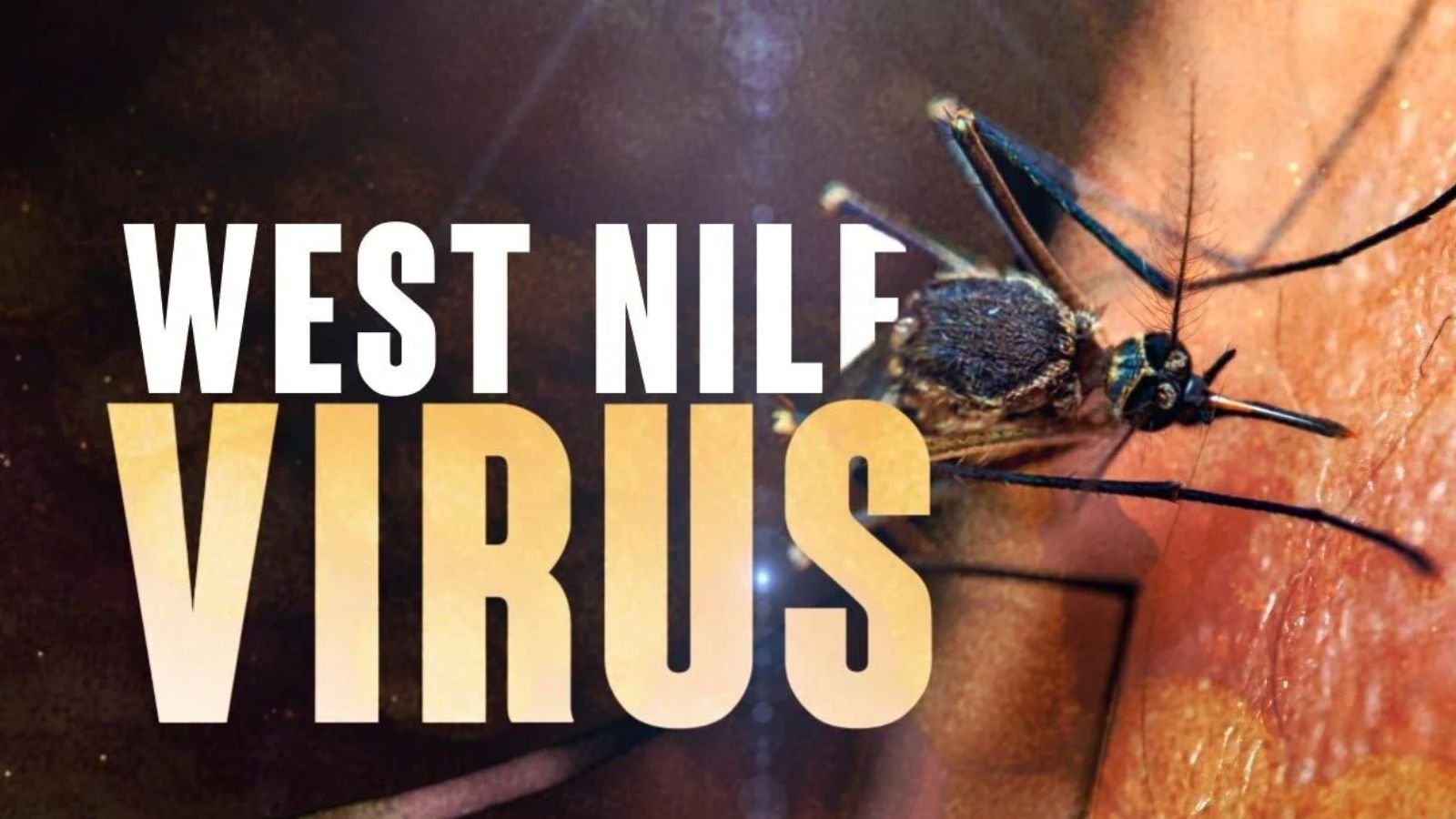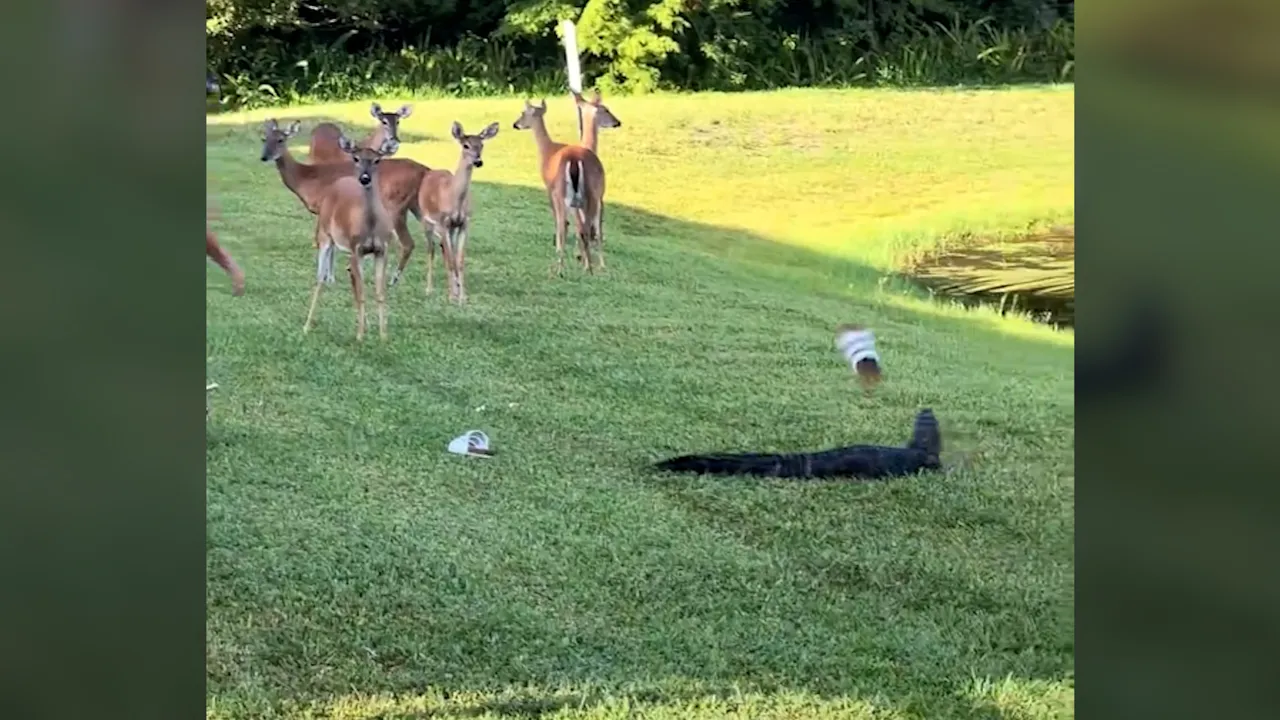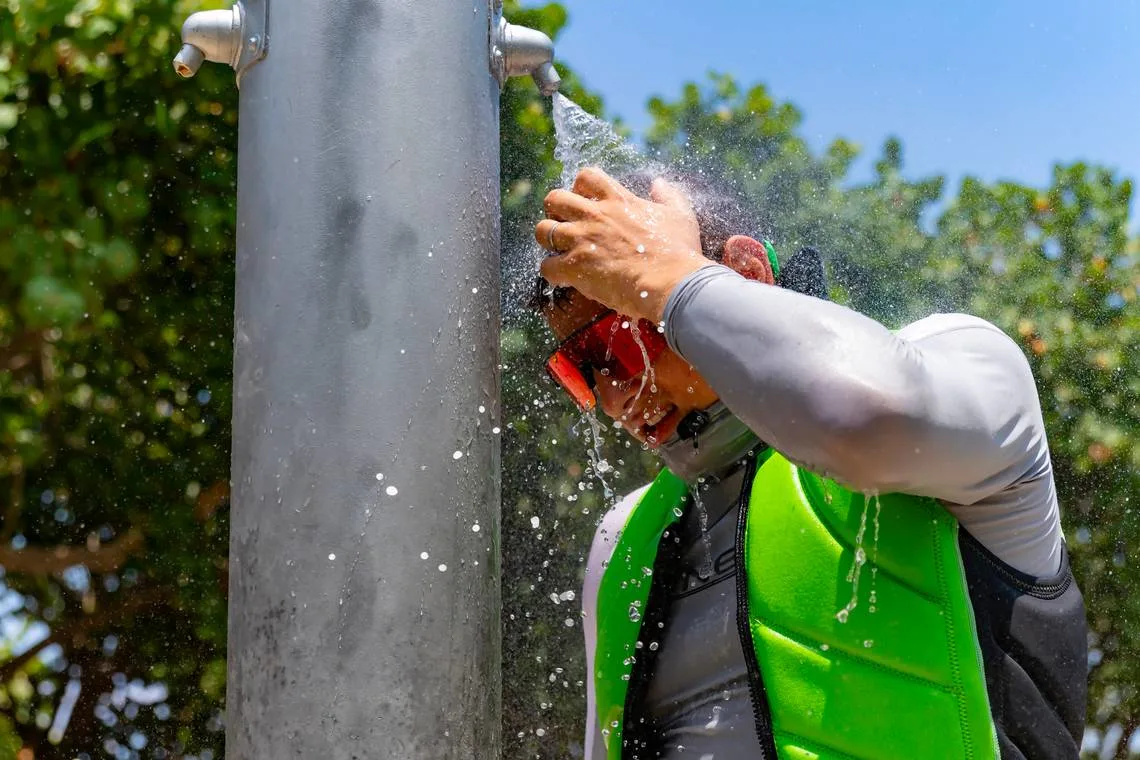ILLINOIS — The first human case of West Nile virus in Illinois this year has been confirmed in the state’s southern region, marking the earliest such diagnosis since 2016 and prompting renewed public health warnings from state officials.
The patient, who has not been identified, was hospitalized due to complications from the virus, according to the Centers for Disease Control and Prevention. The confirmation comes just days after Illinois health officials detected West Nile virus in 17 counties, including Cook, DuPage, and Will — a sign the virus is already circulating widely in the state.
Virus Found Early Amid Heat Surge
Experts say the early arrival of the virus correlates closely with the region’s recent intense heat wave. High temperatures accelerate the transmission cycle between birds and mosquitoes, which are the primary carriers of West Nile.
“Hot and dry weather tends to reduce water for birds and mosquitoes, amplifying virus transmission,” explained Laura McGowan, spokesperson for Clarke, a company that partners with local governments to monitor and reduce mosquito populations.
McGowan also warned that standing water left for a week or more — like bird baths, flower pots, or unused kiddie pools — can serve as breeding grounds for infected mosquitoes.
July 4th Holiday Raises Risk
With the upcoming holiday weekend, public health officials are emphasizing personal protection measures. Outdoor gatherings are expected to increase, particularly during mosquito peak hours around dusk and dawn.
The Illinois Department of Public Health urges residents to remember the “Three R’s”:
-
Reduce exposure to mosquitoes.
-
Repel them with insect repellent containing DEET or similar ingredients.
-
Report standing water sources to local health authorities.
Severe Outcomes Possible
While most West Nile virus cases are mild or asymptomatic, about 1 in 150 people may develop severe illness. The most vulnerable groups include adults over 55 and those with weakened immune systems.
One local reminder of the virus’s dangers comes from former Evergreen Park Mayor Jim Sexton, who contracted West Nile in 2012.
“I spent 45 days in the hospital, two weeks in the ICU,” Sexton said. “It left lasting side effects. I would never wish this on anyone.”
A Look Back: Illinois and West Nile
Illinois reported 69 confirmed human cases and 3 deaths from West Nile virus last year. However, this year’s early detection in June raises concern, as human cases typically don’t appear until July or August.
The worst outbreak in Illinois occurred in 2002, with 884 confirmed infections and 67 deaths statewide, 42 of which occurred in Cook County alone.
How to Stay Safe This Season
To reduce risk, public health agencies recommend:
-
Wearing long sleeves and loose-fitting clothing when outdoors.
-
Using EPA-approved insect repellents.
-
Dumping any stagnant water weekly from containers around the home.
-
Avoiding outdoor activities during dusk and dawn, when mosquitoes are most active.
With warm, dry weather predicted to continue through July, state health officials say vigilance is key.
“We know we have positive mosquito pools — now that the first human case is here, more will follow unless residents stay proactive,” McGowan added.
Have you spotted areas in your neighborhood with standing water or noticed an increase in mosquito activity? Let us know how your community is preparing for summer safety in the comments on ChicagoSuburbanFamily.com












